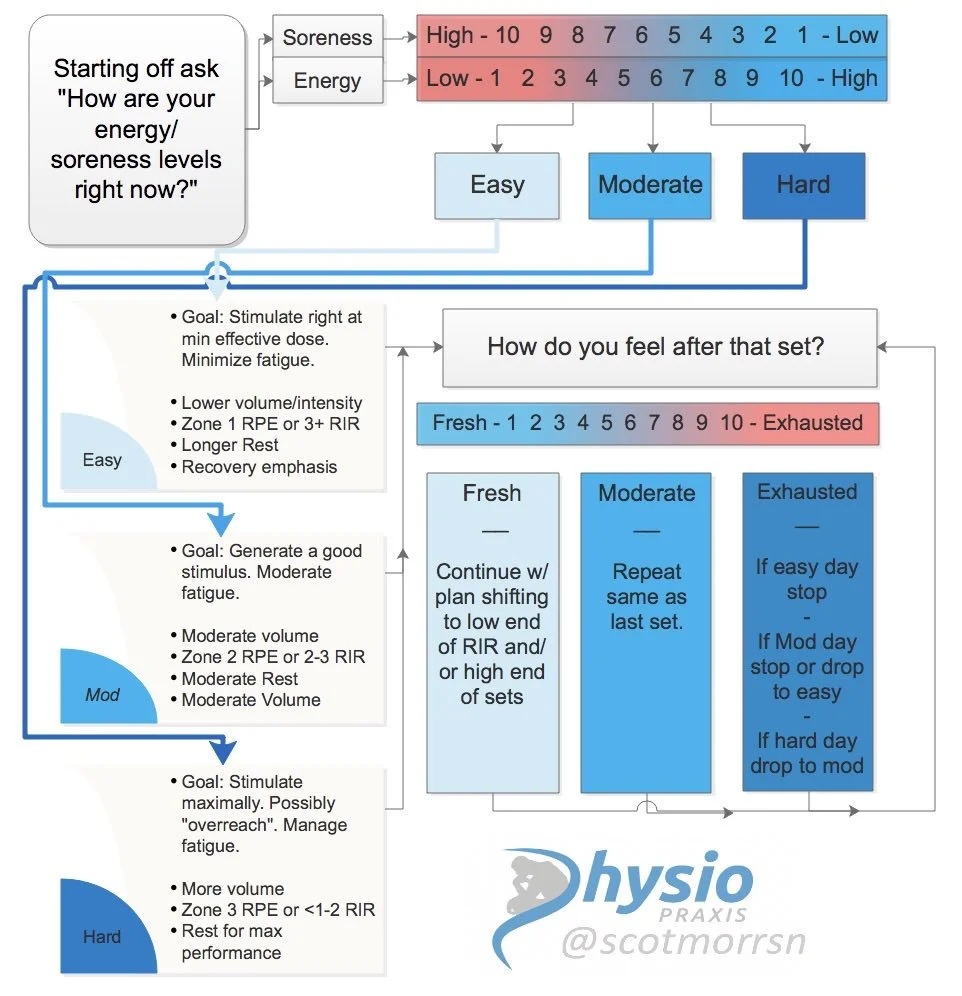Elbows can make your butt stronger
CPM & TKA
Continuous passive motion (CPM), a device that does exactly its name, has fallen out of popularity in the last few decades.
Why?
A study or two showed no long term benefits. And just like pop culture, a trend started and deeper research was overlooked.
What is missed, besides an unbiased look at the research, is the view of short term. Almost all studies will show short term benefits.
Does short term matter?
Ask the person who is a week out of their knee replacement. As the person who has a stiff knee and has had to fight and struggle for every degree for the short term. Sure, maybe a year later they'll be fine. But these patients are suffering in the short term.
Joints get their nutrition and fluid from movement. Movement is like WD-40 to joints. The CPM is like a IV of WD-40 to the joints. The best part is that there's no pain and it's not pharmaceutical, so your liver and gut won't get damaged in the process.
CPM may never come back. Insurances won't pay for it. And surgeons can have a difficult time changing their mind.
I've seen hundreds of knee replacements. I think there are definitely patients who could benefit from it. I think they would have less pain and greater ease getting their motion back.
My criteria would be:
- Less than 90 degrees of flexion
- Hypomobility of the patella
- Severe pain
- More than 10 degrees away from terminal knee extension
I think we should do a study on that specific population.
There is this study from 2019:
"A total of 77 RCTs with PEDro scores ranging from 6/10 to 8/10 were included. Meta-analyses revealed an overall significant favorable effect of CPM on treatment success rates...Early CPM initiation with rapid progress over a long duration of CPM application predicts higher treatment effect on knee ROM and function."
Maybe things will change. Maybe we'll start considering the patients short term experience. Especially in the opiod age.
Seasonal Allergy Best Practice
A Bad Diet is Worse Than Tobacco
How To Dose Exercise Properly
Exercise: Reciprocal Side Step
Sweet Potato Waffles
Processed Food Will Kill You
Very click-baiting title, I know. But it actually has some validity.
New research has shown an association between increased processed food consumption and mortality (death).
"After adjustment for a range of confounding factors, an increase in the proportion of ultraprocessed foods consumed was associated with a higher risk of all-cause mortality (HR per 10% increment, 1.14; 95% CI, 1.04-1.27; P = .008)."
Overall, a 10% increase in the amount of ultraprocessed food consumed equated to a 14% increase in mortality risk.
What are processed foods?
Processed foods are foods that have been chemically altered, made from refined/artificial substances, and/or have additives for shelf life.
Read the ingredients of what your about to eat. If you can't pronounce any of them or the list is more than 2 lines long you probably shouldn't eat it.
Another reason to know your farmer, know your food.








